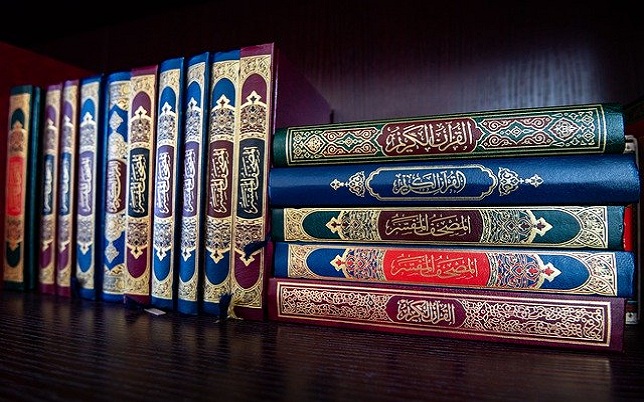Islam gives the converted black skinned people at once an equal place in the brotherhood of believers and neither their colour nor race nor any associations of the past stands in the way.
There is no doubt it is the ready admission the black people receive, which encouraged them to enter into religious society of Islam whose higher civilization demands that they should give up many of their old barbarous habits and customs.
Related: What is Islam religion?
The very fact that the acceptance of Islam essentially implies an advance in civilization and is a very distinct step in the intellectual, moral and material progress of African tribes, helps very largely to explain the success of Islamic faith in Africa.
The forces arrayed on its side are so powerful and ascendant, that the barbarism, ignorance and superstition which it seeks to sweep away have little chance of making a lengthened resistance.
Related: Islam is the most rational religion-Historian Arnold
What the Islamic civilization means to the black converted people, is admirably expressed in the following words by Reverend Bosworth Smith:
“The worst evils which, there is reason to believe, prevailed at one time over the whole of Africa, and which are still to be found in many parts of it, and those, too, not far from the Gold Coast and from our own settlements—
cannibalism and human sacrifice and the burial of living infants—disappear at once and for ever.
Natives who have hitherto lived in a state of nakedness, or nearly so, begin to dress, and that neatly;
natives who have never washed before begin to wash, and that frequently; for ablutions are commanded in the Sacred Law, and it is an ordinance which does not involve too severe a strain on their natural instincts.
The tribal organization tends to give place to something which has a wider basis. In other words, tribes coalesce into nations, and, with the increase of energy and intelligence, nations into empires.
Many such instances could be adduced from the history of the Soudan and the adjoining countries during the last hundred years.
If the warlike spirit is thus stimulated, the centres from which war springs are fewer in number and further apart.
War is better organized, and is under some form of restraint;
quarrels are not picked for nothing;
there is less indiscriminate plundering and greater security for property and life.
Elementary schools, like those described by Mungo Park a century ago, spring up, and even if they only teach their scholars to recite the Koran, they are worth something in themselves, and may be a step to much more.
The well-built and neatly-kept mosque, with its call to prayer repeated five times a day, its Mecca-pointing niche, its Imam and its weekly service, becomes the centre of the village, instead of the ghastly fetish or Juju house.
The worship of one God, omnipotent, omnipresent, omniscient, and compassionate, is an immeasurable advance upon anything which the native has been taught to worship before.
The Arabic language, in which the Mussulman scriptures are always written, is a language of extraordinary copiousness and beauty; once learned it becomes a lingua franca to the tribes of half the continent, and serves as an introduction to literature, or rather, it is a literature in itself.
It substitutes moreover, a written code of law for the arbitrary caprice of a chieftain—a change which is, in itself, an immense advance in civilization.
Manufactures and commerce spring up, not the dumb trading or the elementary bartering of raw products which we know from Herodotus to have existed from the earliest times in Africa, nor the cowrie shells, or gunpowder, or tobacco, or rum, which still serve as a chief medium of exchange all along the coast, but manufactures involving considerable skill, and a commerce which is elaborately organized;
and under their influence, and that of the more settled government which Islam brings in its train, there have arisen those great cities of Negro-land whose very existence, when first they were described by European travellers, could not but be half discredited.
I am far from saying that the religion is the sole cause of all this comparative prosperity. I only say it is consistent with it, and it encourages it.
Climatic conditions and various other influences co-operate towards the result; but what has Pagan Africa, even where the conditions are very similar, to compare with it?
As regards the individual, it is admitted on all hands that Islam gives to its new Negro converts an energy, a dignity, a self reliance, and a self-respect which is all too rarely found in their Pagan or their Christian fellow-countrymen.”1
1. Mohammedanism in Africa, by R. Bosworth Smith. (The Nineteenth Century, December 1887, pp. 798-800.)
Related Posts:
- Rights of non-muslims in Islam
- Quotes of great non-muslims on Islam
- Rights of grandparents and relatives in Islam

